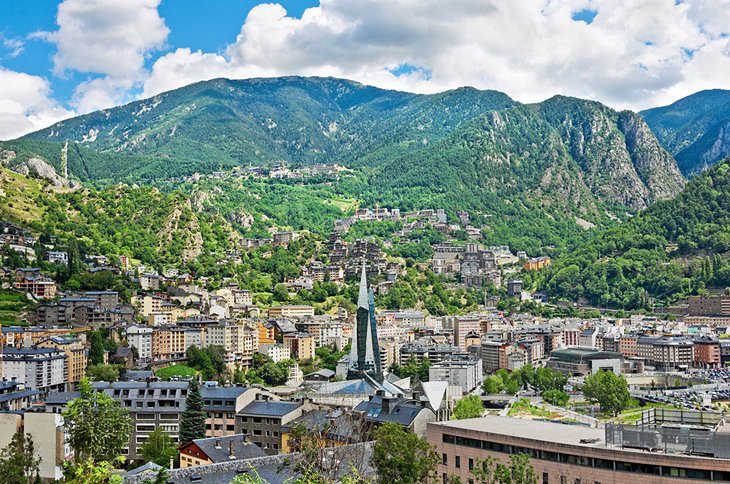Andorra - utopialand/Utopia GitHub Wiki
Andorra Secretary of State of Tourism and Trade Ministry of Tourism and Trade
H.E. Ms. Neus Soriano
Head Secretary of State of Tourism and Trade
Email: [email protected]
Telephone:(376) 875 600
Telefax: (376) 875 669
Website: http://www.ompa.ad
- Isolated up until the 1930s, as of then Andorra built a series of infrastructures and premises (ski resorts, roads, hotels) in order to become the great tourism and commercial centre it is today. Hence, the current real estate perspective in Andorra is comprised of houses, country homes and other buildings which continue boasting the typical style of Andorra (stones, wood) and modern properties (apartment buildings and flats, recently built administrative buildings, etc.).
- Accessing properties in Andorra (buying, selling, renting, etc.) is regulated by the Government(Govern d’Andorra) in conjunction with the 7 districts (Comuns) which comprise the country.
- There is a standardized, multi-step process for real estate transactions in Andorra. It goes as follows:
- The buyer and seller agree on a price and any conditions. The buyer pays the seller a 10% deposit that is not refundable if the buyer walks away from the sale.
- A local architect is hired by the seller to provide a “certificat d’habitabilitat“, which guarantees that the property can be lived in.
- A notary is hired to confirm that the remainder of the purchase price is held in escrow and to oversee the exchange of keys to the buyer and cheques to the seller.
- The notary will also create and issue an “escriptura publica”, which is the Andorran equivalent of a title or deed.
- This process usually takes four to six weeks, but sometimes longer.
- The buyer is responsible for paying the notary fees which range from €600 to €1,300 (depending on the selling price), plus 0.1% to 0.3% of the price.
- Non-residents need permission from the government to buy property. (But this is almost always just a formality.)
- As of a new foreign investment law in 2012, non-residents are no longer limited to buying properties smaller than 1,000 square metres and can now buy more than a single apartment.
- But non-residents can only buy a commercial property for the use of their own business.
- These restrictions don’t apply to Andorran residents.
- The “autoritzacio d’inversio estrangera en immobles” is the government go-ahead for non-residents to purchase property and usually takes a couple weeks to be approved.
- A non-resident purchaser of Andorra real estate pays taxes to the Andorran government equal to 4% of the agreed purchase price.
Terminology for Understanding Andorra Real Estate
Real estate listings in Andorra tend to be in either Catalan or Spanish or a mix of both. That means a legend is helpful for understanding them.
- Atic: A penthouse apartment.
- Borda: The traditional farmhouses found in Andorra’s villages and mountainsides. These can range from tobacco-drying barns to fully-finished and modernised hotels.
- Casa: Any structure that can pass as a house.
- Casa adossada: Attached house, townhouse, terraced house.
- Duplex and triplex: Apartments split over two or three floors, respectively. A duplex is most often a penthouse with sleeping quarters on the very top floor and living rooms connected and on the floor below. Triplexes are mostly townhouses.
- Edifici: A building, residential or commercial.
- Oficina: An office.
- Pis: Apartment, flat.
- Xalet: A chalet, standalone detached house, villa

source: https://www.google.com.ph/url?sa=i&source=images&cd=&cad=rja&uact=8&ved=2ahUKEwj-0Lzz29zeAhWY7mEKHQPHDPoQjRx6BAgBEAU&url=https%3A%2F%2Fwww.planetware.com%2Ftourist-attractions%2Fandorra-and.htm&psig=AOvVaw1cDst7umyI8hOAXVIm7xtw&ust=1542588431922988
